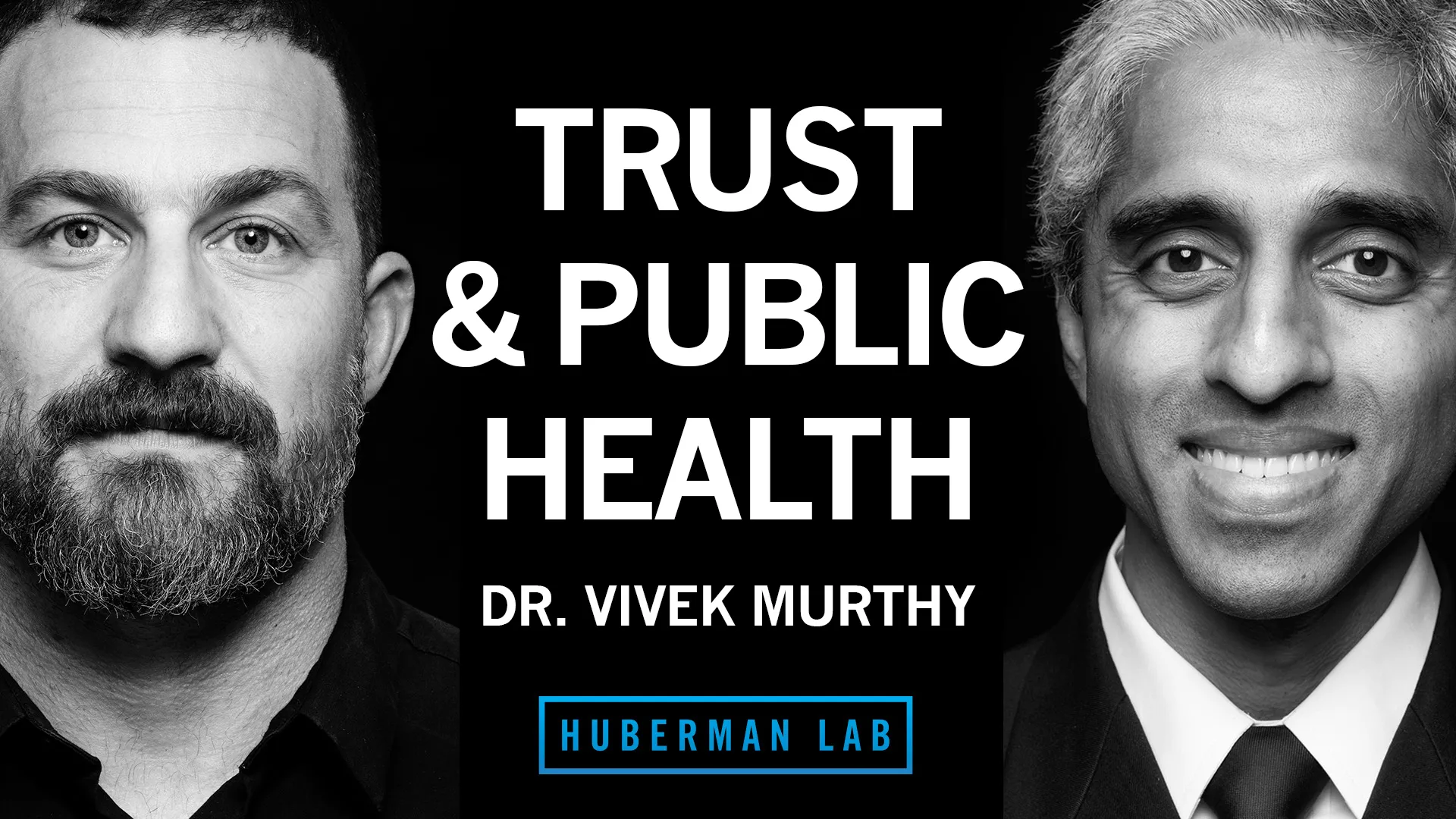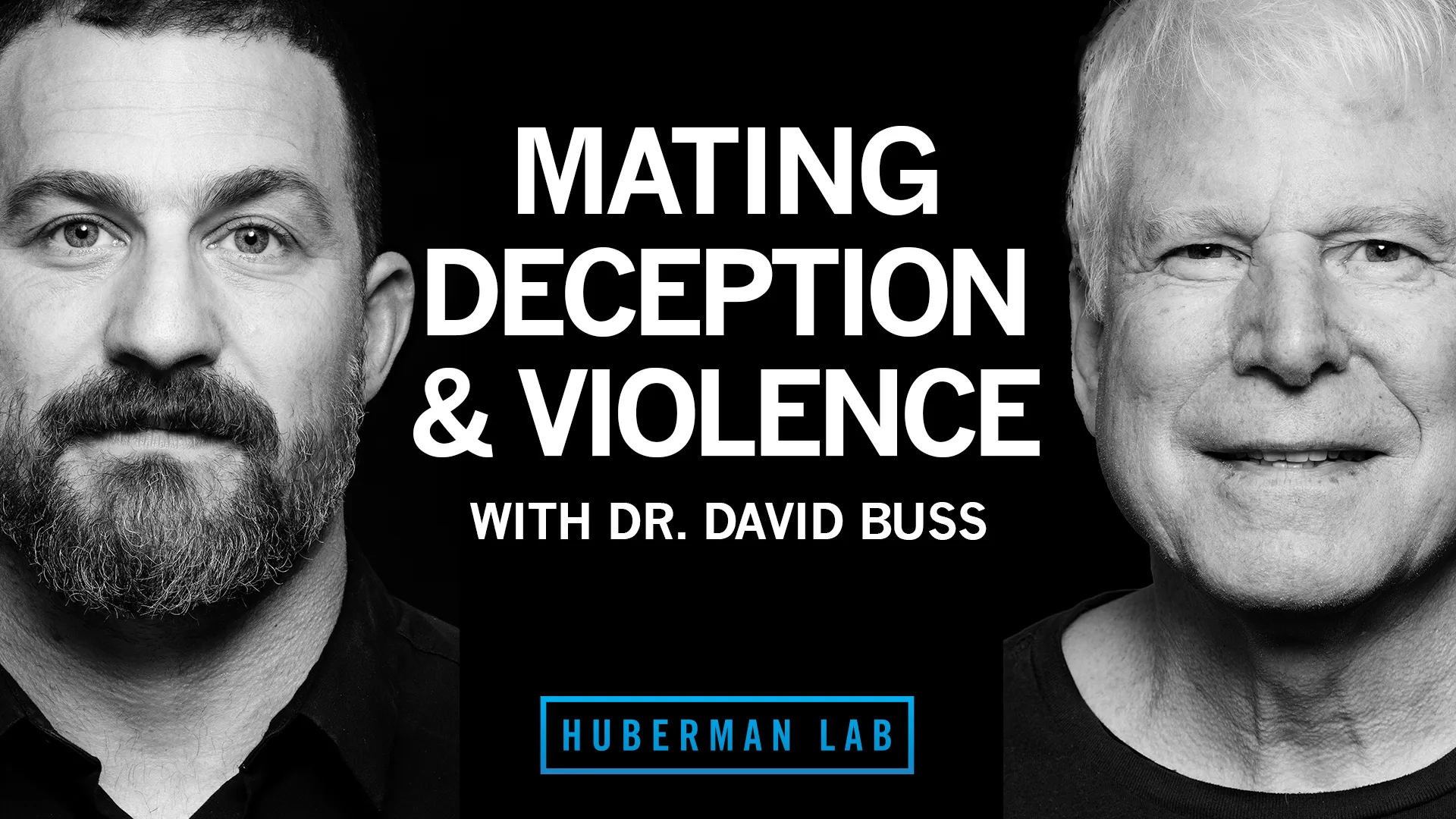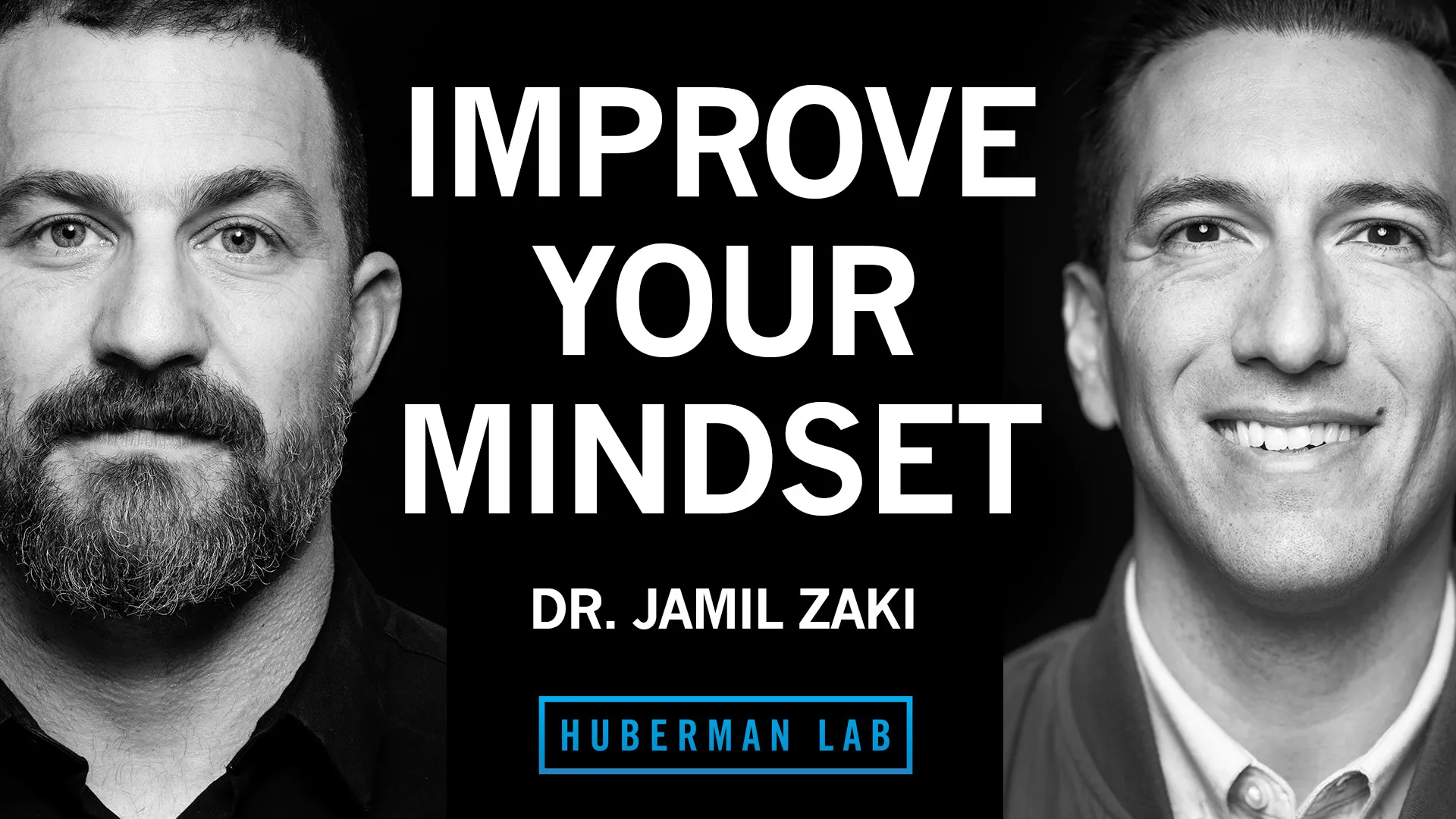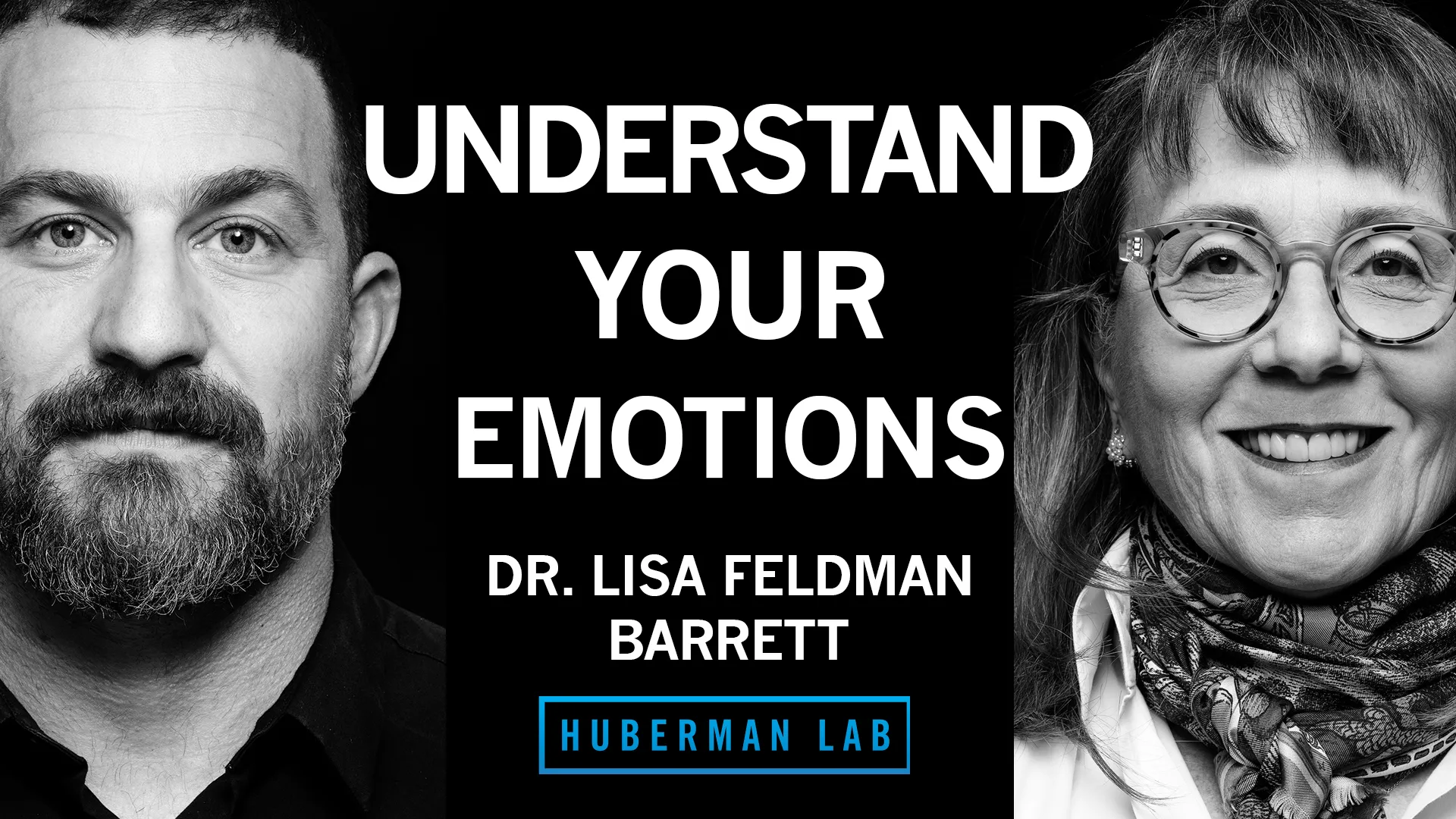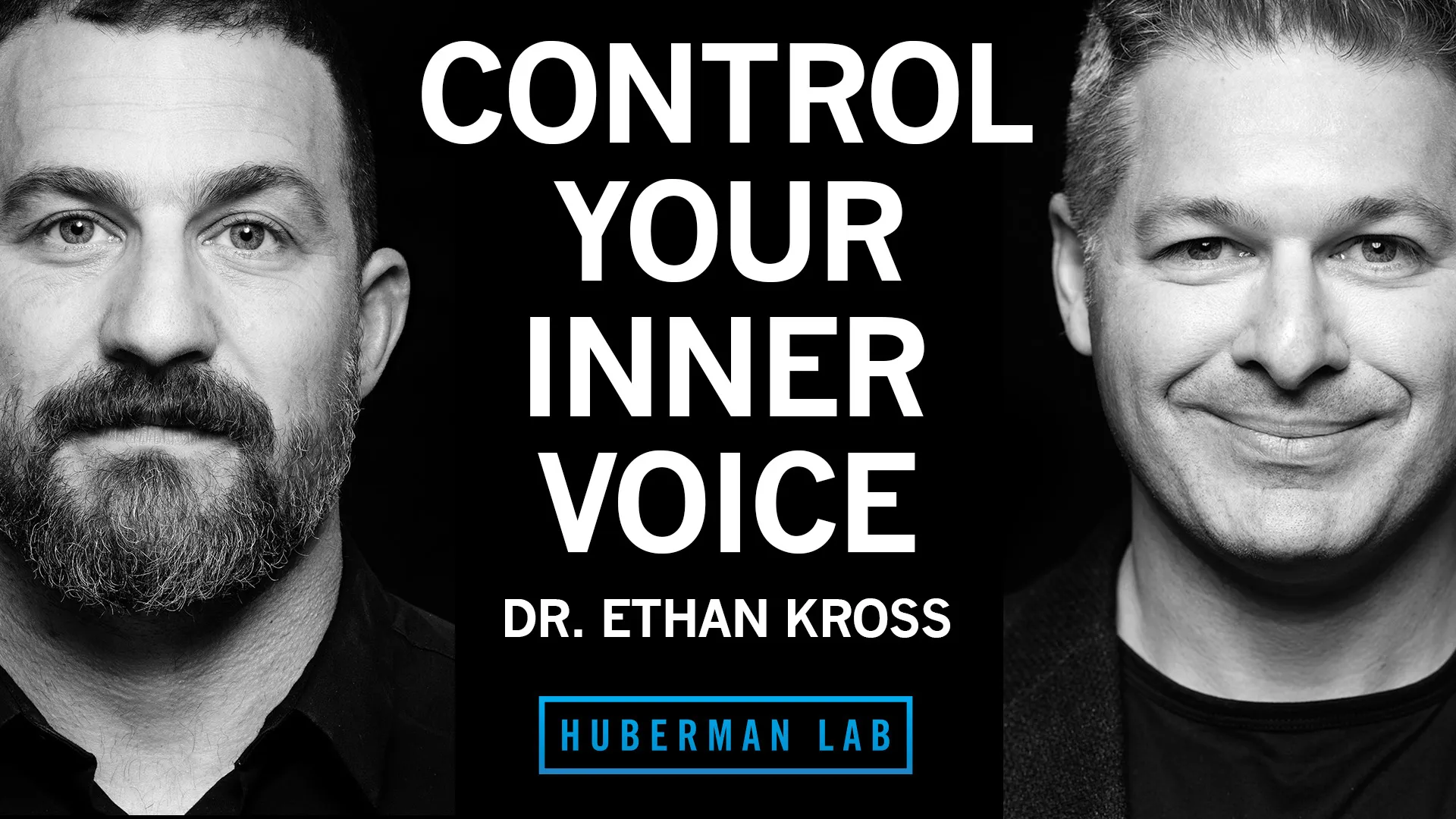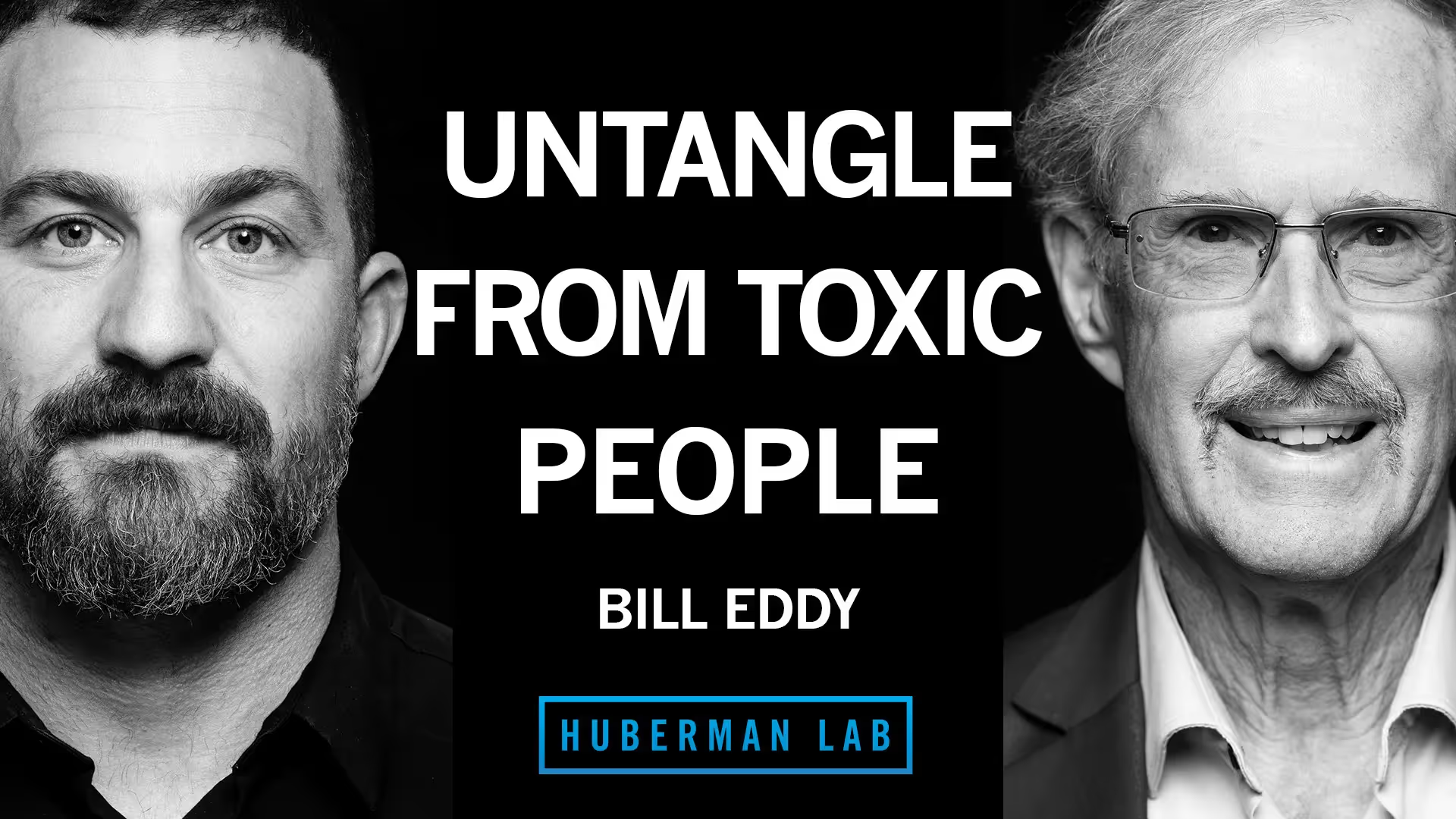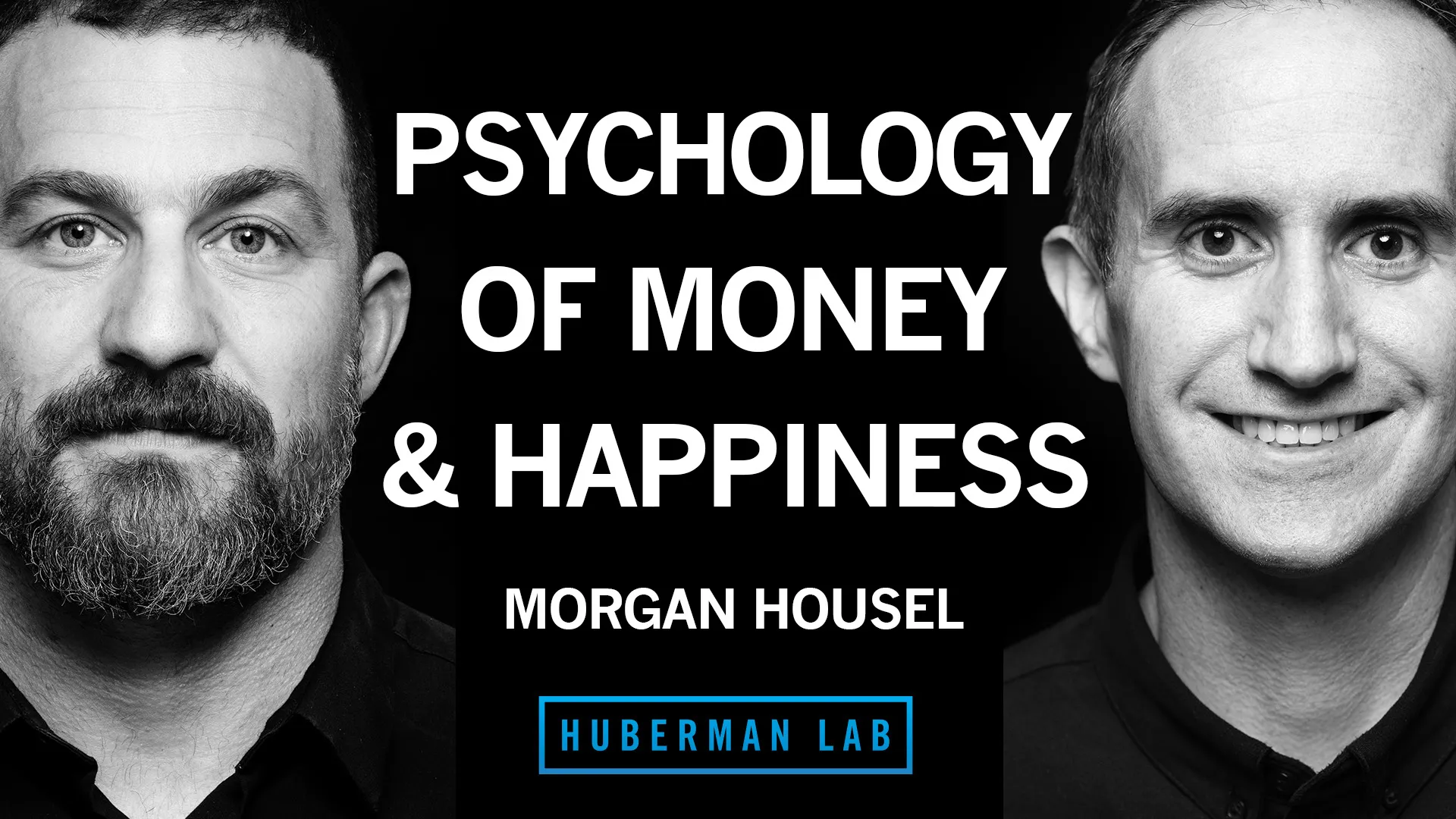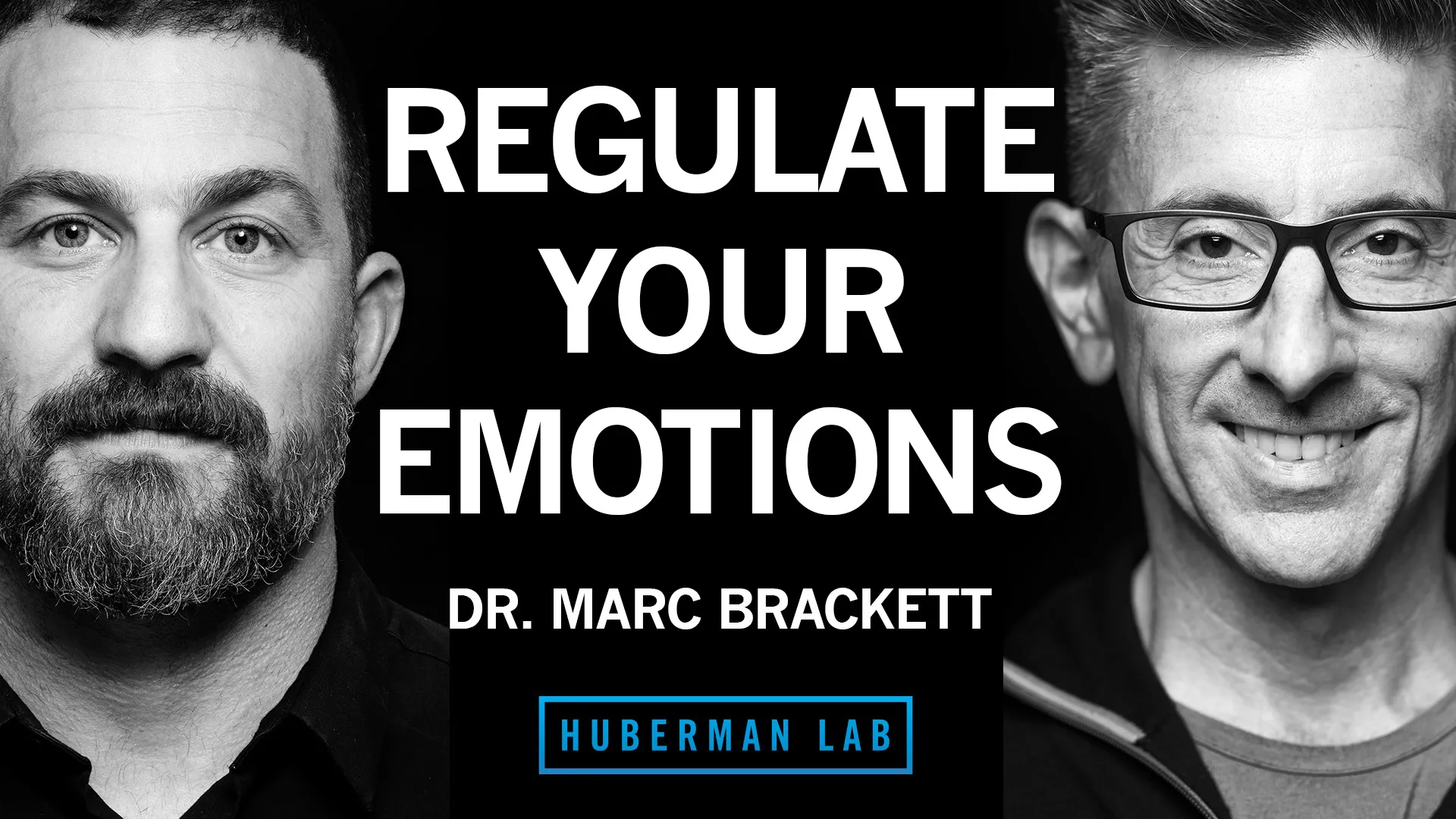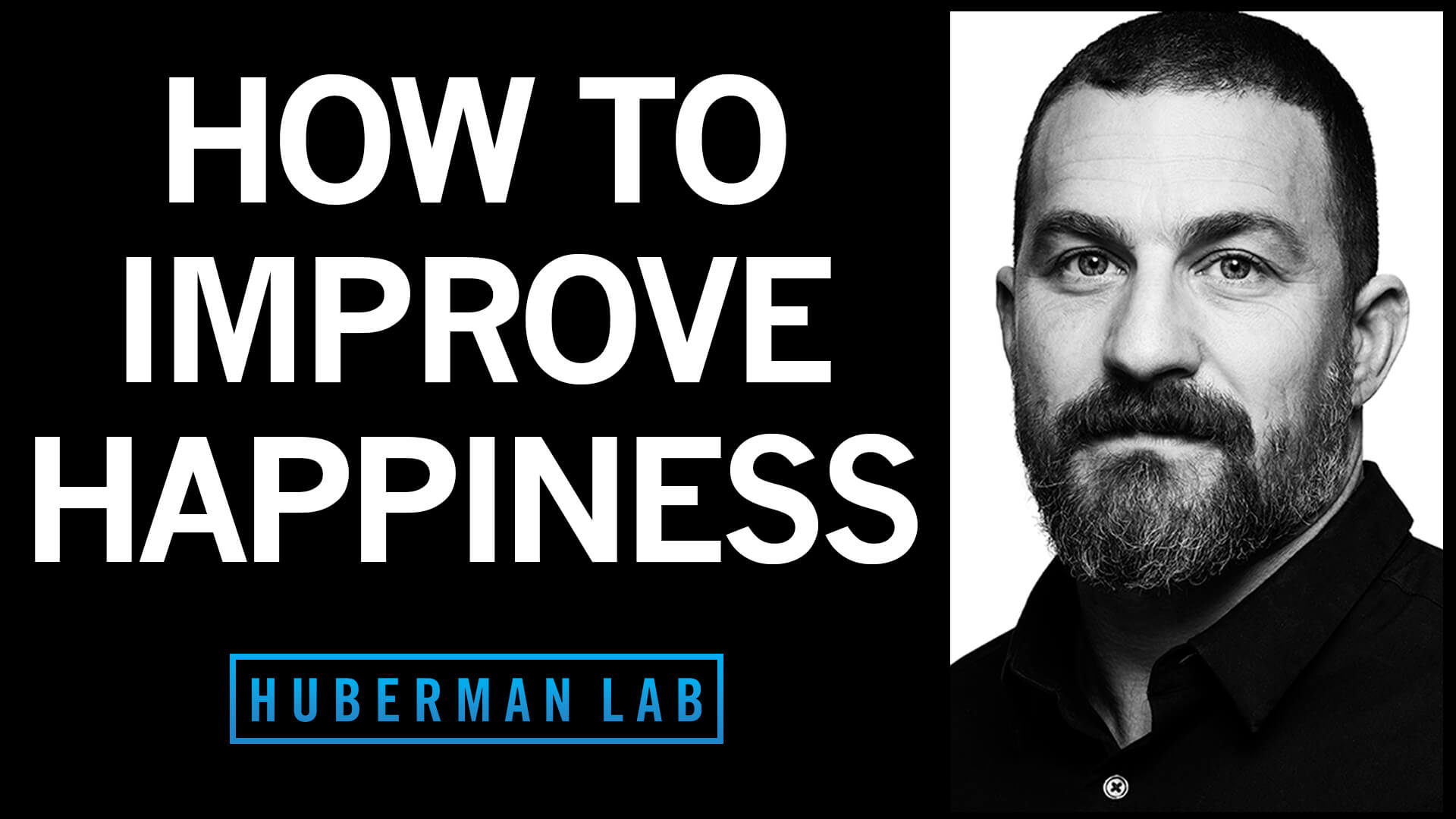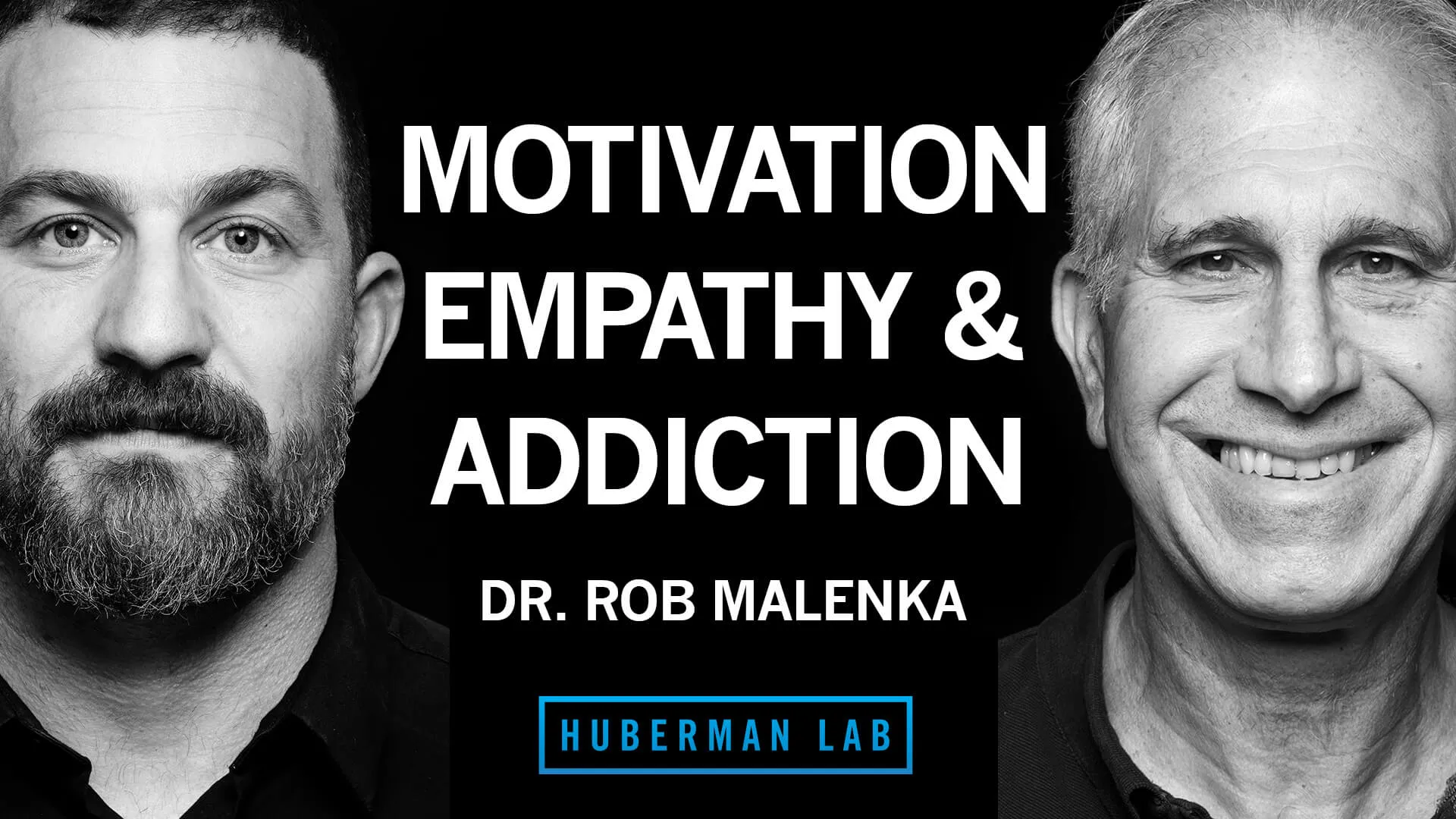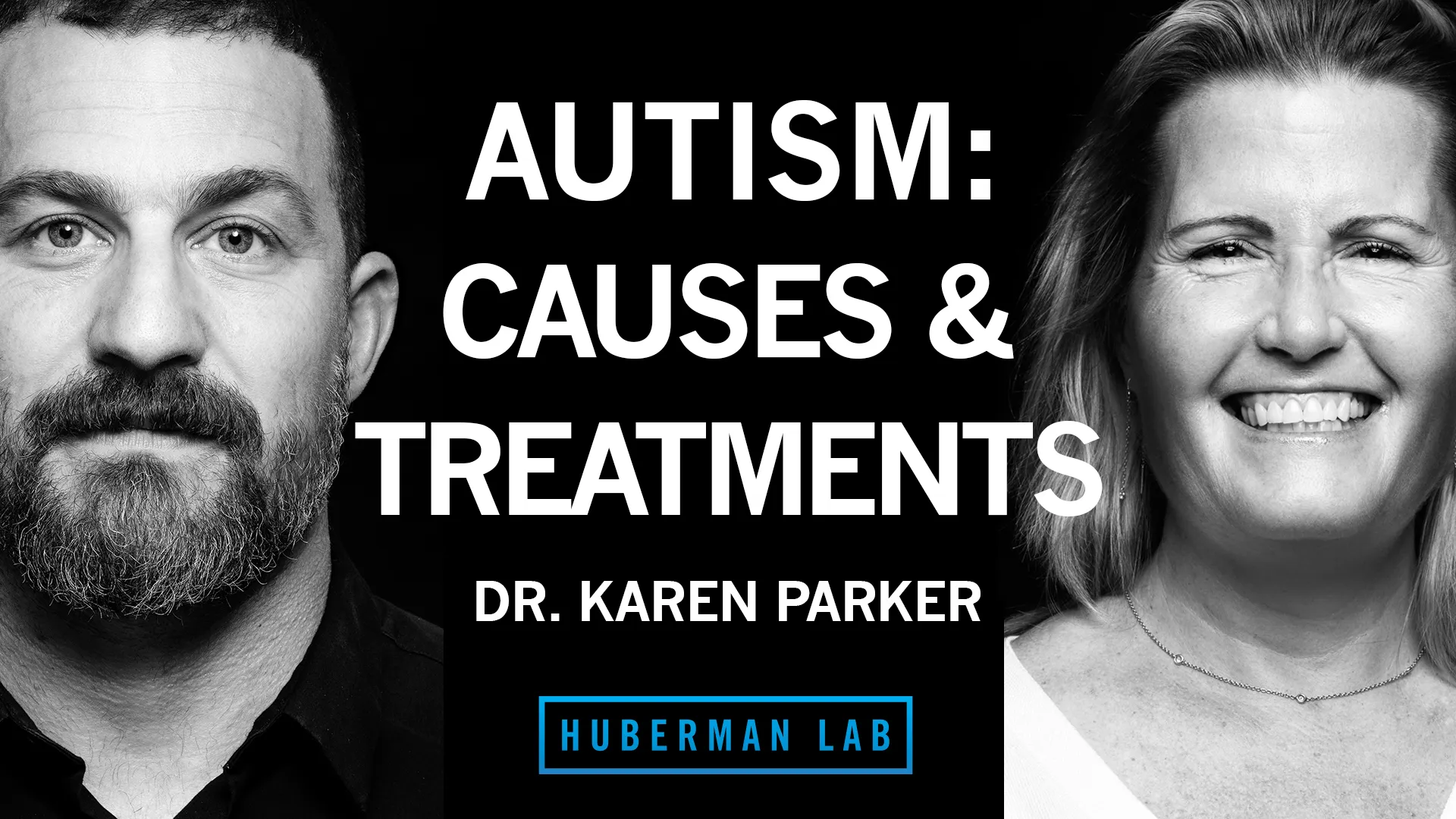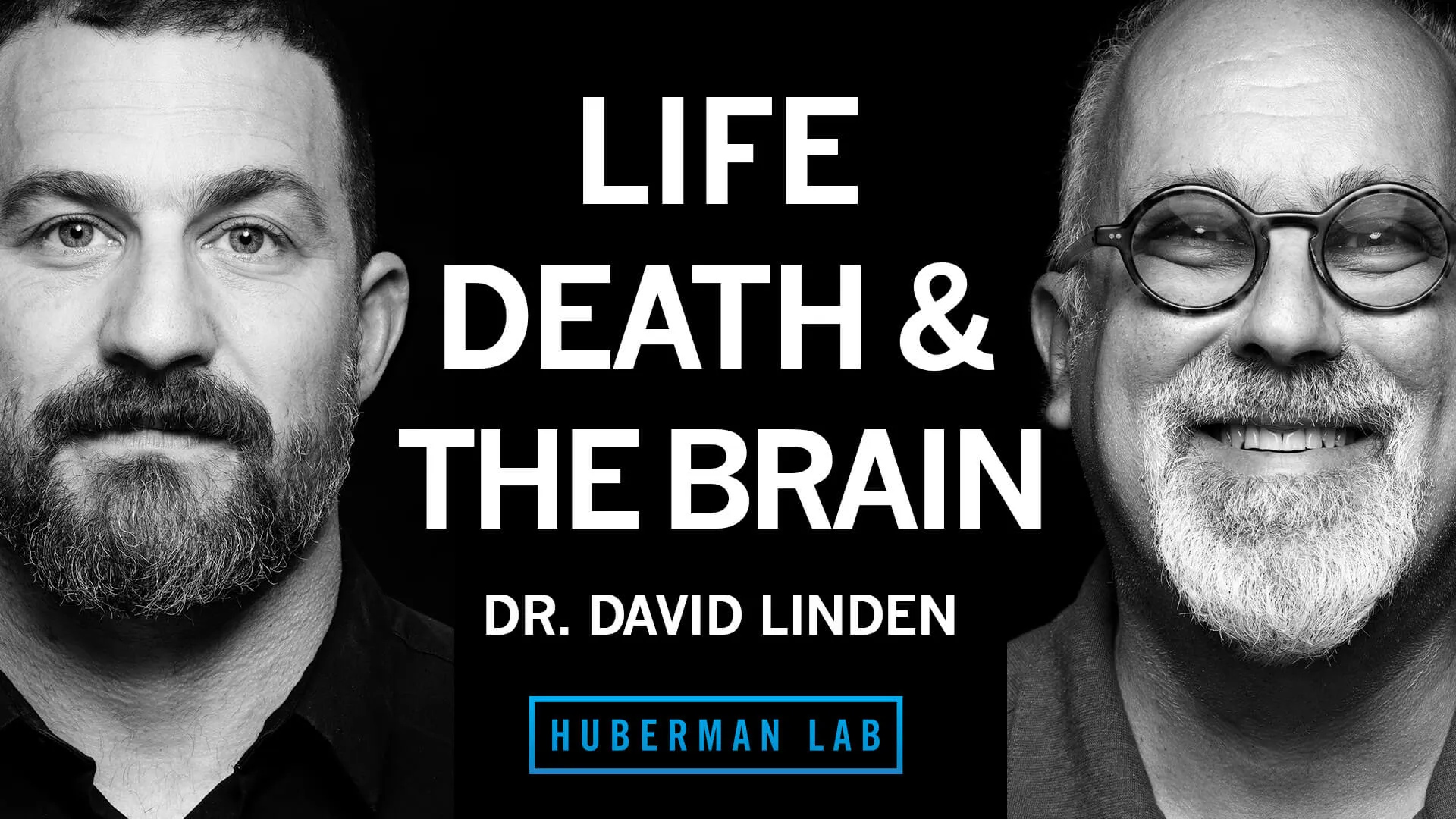
Emotional Intelligence and Relationships
Emotional intelligence is the ability to recognize, understand and manage our own emotions, as well as the capacity to recognize and influence the emotions of others to foster better relationships. It includes skills such as emotional regulation, empathy and effective communication, which are crucial for forming relationships and making decisions. How well you are able to utilize these skills in everyday life contributes to overall emotional well-being, which is equally as important as physical and mental health for quality of life.
Prioritizing foundational pillars of health, like sleep, nutrition and physical exercise, can create a neurochemical environment that supports emotional regulation and resilience. This concept of managing your "brain-body budget" involves ensuring your brain has enough resources to handle life's circumstances positively, thereby enhancing emotional resilience.
Fulfilling interpersonal relationships and meaningful social connection are cornerstones of emotional health and overall well-being, contributing to improved mental health, reduced risk of cardiovascular disease and even a longer life expectancy. The ability to self-reflect, have compassion for oneself and others, understand emotions in context and communicate and resolve conflicts effectively are important skills for navigating interpersonal dynamics and fostering deeper connection and stronger relationships with others.

- Overview
- Watch Now
Learn about Emotional Intelligence and Relationships
- Guest Experts
- Resources
- FAQs
- Related Topics
Table of Contents
- Overview
- Watch Now
Learn about Emotional Intelligence and Relationships
- Guest Experts
- Resources
- FAQs
- Related Topics
Watch Now
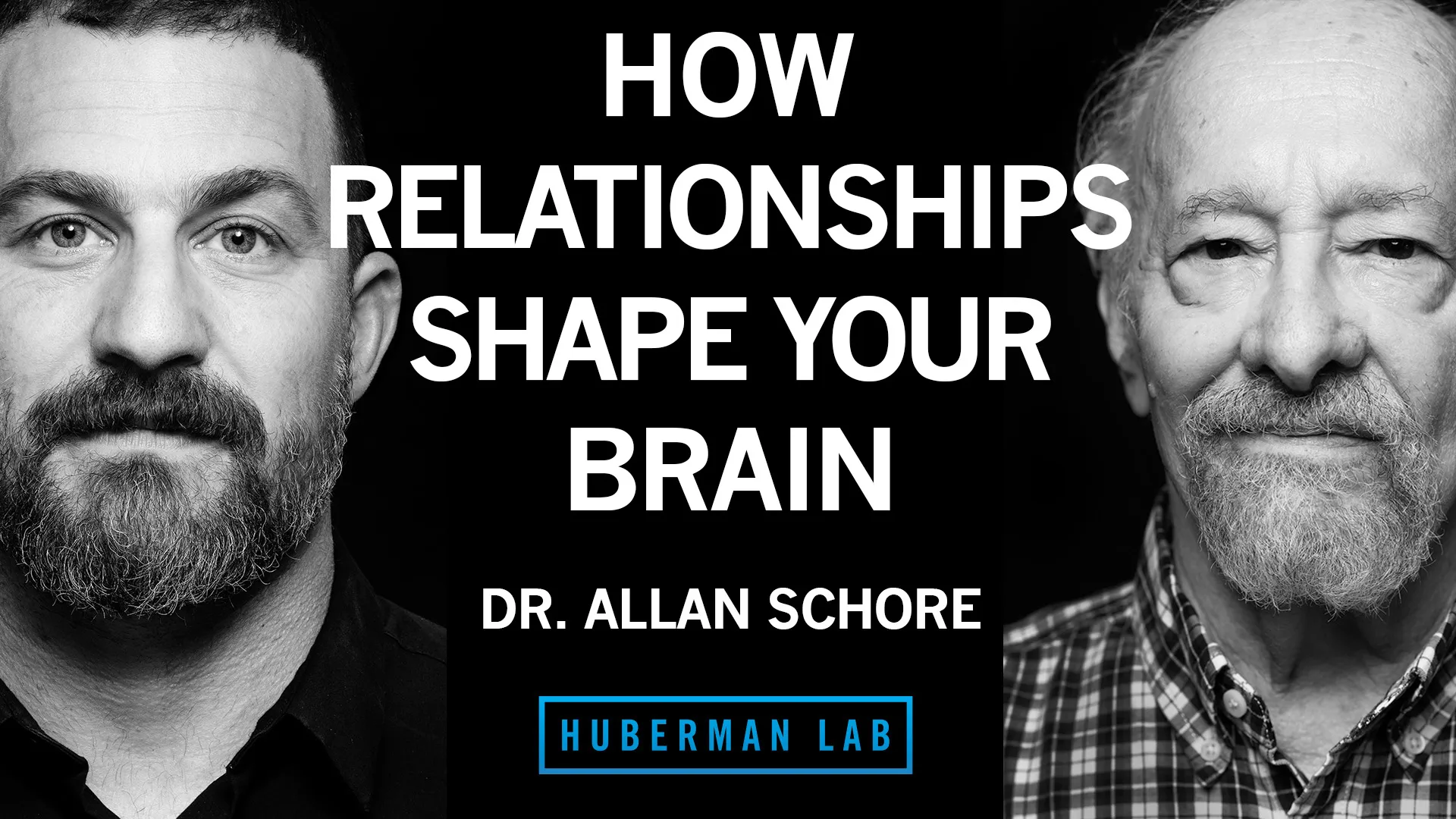
Dr. Allan Schore: How Relationships Shape Your Brain
Dr. Allan Schore explains how early life experiences shape emotional brain circuitry, impacting relationships, self-regulation, and creativity for deeper connections.
Learn about Emotional Intelligence and Relationships
The Science of Emotions
The field of psychology explores how one’s thoughts, perspectives and past experiences shape current emotional responses. From childhood attachment patterns to adult relationships, past interactions with others inform how to process and express one’s own emotions, even if at a subconscious level. Research in neuroscience investigates how brain structures and complex neural pathways contribute to emotional processing. For example, the amygdala is central in detecting threats and activating the nervous system, while the prefrontal cortex helps regulate and contextualize emotionally salient experiences. The prefrontal cortex is not fully developed until around the age of 25, which helps to explain the emotional volatility and impulsivity of our younger years.
Emotions are not simply “all in your head” — emotional experiences are influenced by interconnected systems beyond the brain, including environmental and sensory input, diet and nutrition and physical movement. Exposure to morning sunlight boosts serotonin and (healthy) cortisol levels, contributing to enhanced mood. Panoramic (wide-angle, far distance) vision can help calm the nervous system in real-time to reduce stress. Furthermore, gut microbiome dysbiosis has been linked to depression and increased feelings of loneliness.
By recognizing how various systems shape our emotional experiences, we can adopt evidence-based strategies to support emotional resilience and well-being.
Emotional Pain, Anger, Medication
From Episode
Dr. Sean Mackey: Tools to Reduce & Manage Pain
Emotions & Sleep, Amygdala
From Episode
Guest Series | Dr. Matt Walker: Improve Sleep to Boost Mood & Emotional Regulation
Attachment Styles & Development, Emotions & Physiology
From Episode
Dr. Allan Schore: How Relationships Shape Your Brain
Explore:
How To Increase Emotional Intelligence
Emotional intelligence is described as the ability to reason with and about emotions and feelings — and it’s a skill that can be developed with practice. Dr. Marc Brackett, a research psychologist and founding director of the Yale Center for Emotional Intelligence, summarizes the components of emotional intelligence with the acronym RULER, to include recognizing, understanding, labeling, expressing and regulating emotions.
High emotional intelligence involves both self-awareness and an emotional awareness of others. Journaling about your feelings when stressed or overwhelmed can increase self-awareness by revealing underlying emotions that may not be immediately apparent (like jealousy) and can reduce anxiety and improve sleep quality.
Emotional intelligence skills are integral to meaningful interaction and connection with others — whether with coworkers in a professional setting or navigating a difficult conversation with a loved one. Effective communication goes beyond saying the right words: active listening counters the human default of “listening to reply” and you can utilize body language, facial expressions and other non-verbal cues to better read and label others’ emotions and develop stronger social awareness.
Tactical Empathy, Compassion
From Episode
Chris Voss: How to Succeed at Hard Conversations
Power of Place; Building Your Network & Volunteering
From Episode
Tim Ferriss: How to Learn Better & Create Your Best Future
Tool: Repair Work, Relationship Revival; Sincere Apologies
From Episode
Esther Perel: How to Find, Build & Maintain Healthy Romantic Relationships
Explore:
Social Connection and Community
Quality social connections are strongly linked to improved health outcomes and longevity. Interactions don't need to be deep conversations to have a positive impact; even small, everyday interactions such as chatting with a barista or a casual greeting can enhance emotional health and contribute to a sense of fulfillment.
In addition to having individual social connections, having a sense of community — that is, a collective feeling of belonging and support that goes beyond the sum of individual interactions — is highly impactful for health and well-being. The weakening of traditional community structures (like places of worship and community organizations) necessitates managing many individual relationships, which takes more effort and can result in an echo chamber-like effect where individuals only spend time with people who likely already share the same perspectives and life experiences.
To build more meaningful social connections, focus on the quality of interactions rather than quantity. Engaging in the broader community, like participating in group activities, volunteering or local events, enhances your sense of belonging and strengthens social ties.
Social Isolation, Harlow Experiments, “Loneliness Neurons”
From Episode
Dr. Kay Tye: The Biology of Social Interactions and Emotions
Pillar #5: Social Connection
From Episode
Mental Health Toolkit: Tools to Bolster Your Mood & Mental Health
Society & Disconnection, Human Connection & Service
From Episode
U.S. Surgeon General Dr. Vivek Murthy: Efforts & Challenges in Promoting Public Health
Explore:
Romantic Love and Relationships
Serotonin and oxytocin are crucial for feelings of love and attachment, often associated with relaxation and bonding. Romantic love — especially in the early stages of romantic infatuation — activates dopamine release in brain circuits associated with reward and addiction, such as in the nucleus accumbens and amygdala. Research has shown that individuals who are deeply infatuated with their romantic partner can tolerate higher levels of pain, as the neural circuitry involved in love — more specifically, infatuation — can also blunt the perception of pain.
Early-life experiences are a key predictor for adult relationship dynamics, as the same neural circuitry that facilitates parental attachment is involved in romantic relationships later in life. A secure attachment style creates comfort with intimacy and independence, generally leading to stable and lasting relationships, whereas an avoidant or anxious attachment style can create relational challenges, such as difficulties with self-regulation or finding healthy ways to balance your partner’s needs with your own.
Importantly, these early created patterns can be reshaped through awareness and intentional effort. By understanding your own attachment style and those of current or potential romantic partners, you can better assess compatibility for a long-term relationship. A healthy relationship prioritizes communication skills, problem-solving and conflict resolution, which contributes to overall relationship satisfaction.
Attachment Styles, Mate Choice & Infidelity
From Episode
Dr. David Buss: How Humans Select & Keep Romantic Partners in Short & Long Term
Romance: Balancing Love & Desire
From Episode
The Science of Love, Desire and Attachment
Tool: Love & Desire, Sexuality
From Episode
Esther Perel: How to Find, Build & Maintain Healthy Romantic Relationships
Explore:
Guest Experts
Resources
Articles & Research Papers
- Cardiac vagal control as a marker of emotion regulation in healthy adults: A review (Biological Psychology)
- Prospective associations of co-rumination with friendship and emotional adjustment: Considering the socioemotional trade-offs of co-rumination. (Developmental Psychology)
- Romantic love: an fMRI study of a neural mechanism for mate choice
- Why Only Humans Shed Emotional Tears (Human Nature)
- A Novel Demonstration of Enhanced Memory Associated with Emotional Arousal (Consciousness and Cognition)
- Putting Feelings Into Words (Psychological Science)
- Neural correlates of admiration and compassion (Proceedings of the National Academy of Sciences)
- Viewing Pictures of a Romantic Partner Reduces Experimental Pain: Involvement of Neural Reward Systems (PLOS ONE)
- Swearing as a response to pain (NeuroReport)
- Brain Knows Who Is on the Same Wavelength: Resting-State Connectivity Can Predict Compatibility of a Female–Male Relationship (Cerebral Cortex)
- Are politically diverse Thanksgiving dinners shorter than politically uniform ones? (PLOS ONE)
Books
- Attached: The New Science of Adult Attachment and How It Can Help You Find — and Keep — Love (Book by Amir Levine & Rachel Heller)
- Right Brain Psychotherapy (Book by Allan Schore Ph.D. (Author)
- The Seven Principles for Making Marriage Work: A Practical Guide from the Country’s Foremost Relationship Expert (Book by John Gottman Ph.D. & Nan Silver)
- The State of Affairs: Rethinking Infidelity (Book by Esther Perel)
- Why Won't You Apologize?: Healing Big Betrayals and Everyday Hurts (Book by Harriet Lerner Ph.D.)
Note: Books listed here may include Amazon affiliate links, providing a small commission to support the podcast at no additional cost to you.
Additional Resources
Note: Unless explicitly noted, Huberman Lab has no financial relationship with the additional resources listed.








